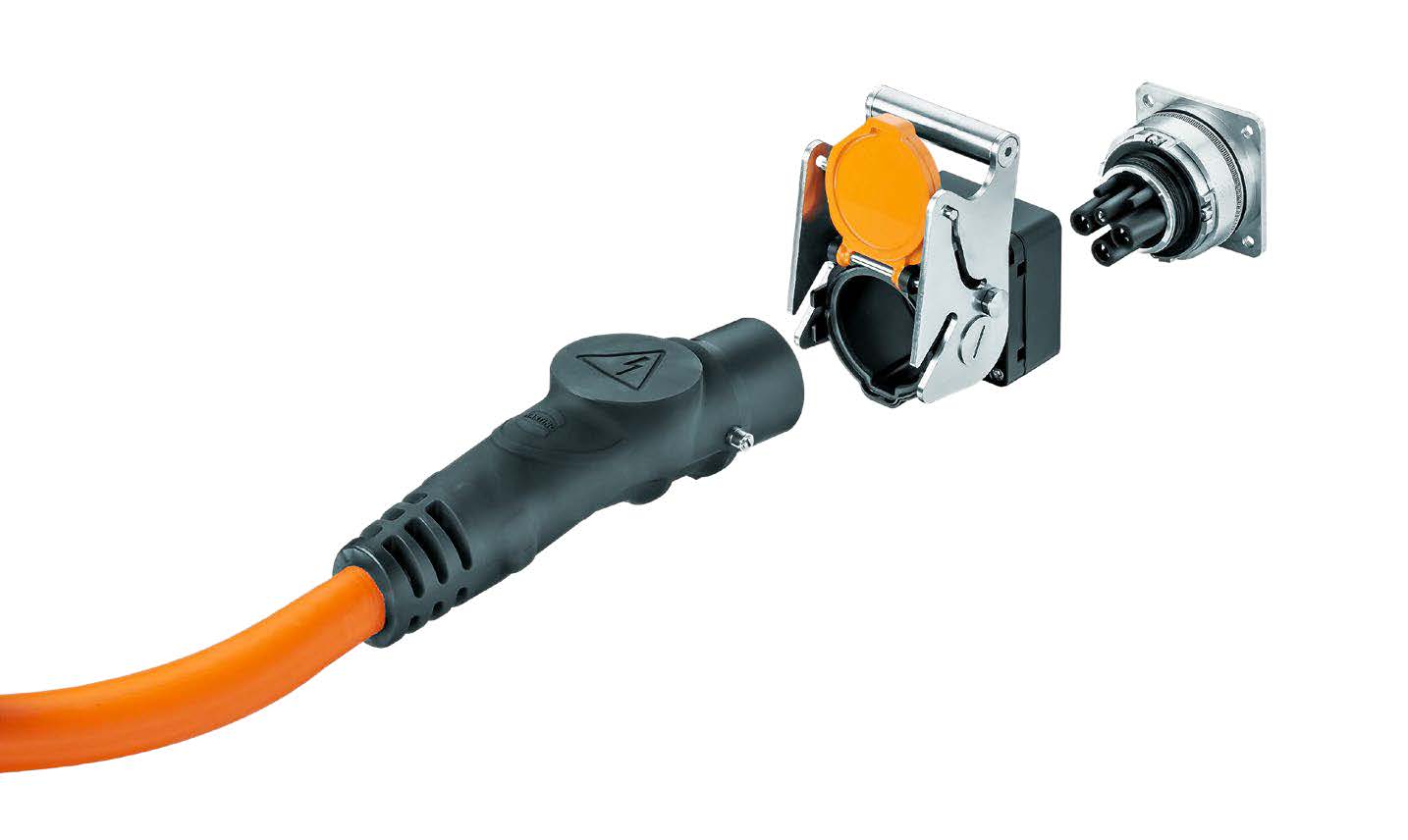Advancing Toward an All Electric Society: A Pan American Perspective
From the northern reaches of Canada to the southern landscapes of Brazil, the Americas are forging ahead on the path toward an all-electric society. Each country, bringing its own initiatives and unique strengths to the table, is progressing the transition to sustainable energy sources and cleaner transportation systems.
Pioneering Fuel Cells and Energy Advances in Canada
Canada’s aggressive targets aimed at reducing greenhouse gas emissions and accelerating the adoption of electric and hydrogen-powered vehicles anticipates that the sale of gasoline-powered cars will cease entirely by the year 2035 alongside a mandate requiring 60% of all vehicles sold within the next five years to be electric or hydrogen-powered. Additionally, Canada aims to derive 30% of its energy from hydrogen sources by 2050, employing methods such as electrolysis and renewable energy production.
With abundant hydroelectric resources, the country is positioned to lead green energy production. Canada’s commitment to these goals has attracted significant foreign investment, particularly in the development of electric battery packs and zero-emission mobility solutions. HARTING, deeply entrenched in the industrial sector, has supported the design of state-of-the-art fuel cells produced by Ballard Power Systems, which are now powering several new hydrogen and hybrid trains, including the Siemens Mobility Mireo platform. HARTING’s vast array of connectivity solutions, including the high performance rail line, enables us to facilitate the adoption, design, and deployment of this new technology.
Accelerating Progress Stateside Through Government Initiatives
In the United States, government bills and funding mechanisms are driving substantial investments toward electrification projects. With over $108 billion allocated for the electrification of transportation alone, the nation is witnessing an unprecedented wave of infrastructure development. Federal initiatives, such as the Infrastructure Investment and Jobs Act, are earmarking funds through 2031, with a significant portion dedicated to advancing the electric society.
From rail systems to high-speed trains, and electric buses, the U.S. is witnessing a transformative shift to cleaner transportation modes. HARTING collaborated with the Agricultural Industry Electronics Foundation to develop a high-voltage connector adopted by John Deere, with many uses in agribusiness, including potato harvesting. The electrification of their tractors underscores HARTING’s pivotal role in shaping the nation's electric future.
Harnessing Clean Energy for Sustainable Development in Brazil & Mexico
Brazil stands out as one of the cleanest energy producers globally, boasting a diverse portfolio of renewable sources such as hydro, wind, and solar power. Collaborations with companies like Siemens and Progress Rail are driving innovations in electrification – particularly in the railway sector. Meanwhile, Mexico is emerging as a key player in the energy boom, with Siemens spearheading the introduction of cutting-edge technologies from Europe into the Mexican market.
As HARTING navigates these dynamic landscapes, it leverages its expertise to support initiatives ranging from the electrification of Mexico's burgeoning markets to wind energy projects in Brazil. Working with WEG for their wind power generators, HARTING supplies the entire cabling system for the wind towers, including WEG’s newly-announced 7 Megawatt generator, which will be the largest in Brazil and adaptable to other global markets.


